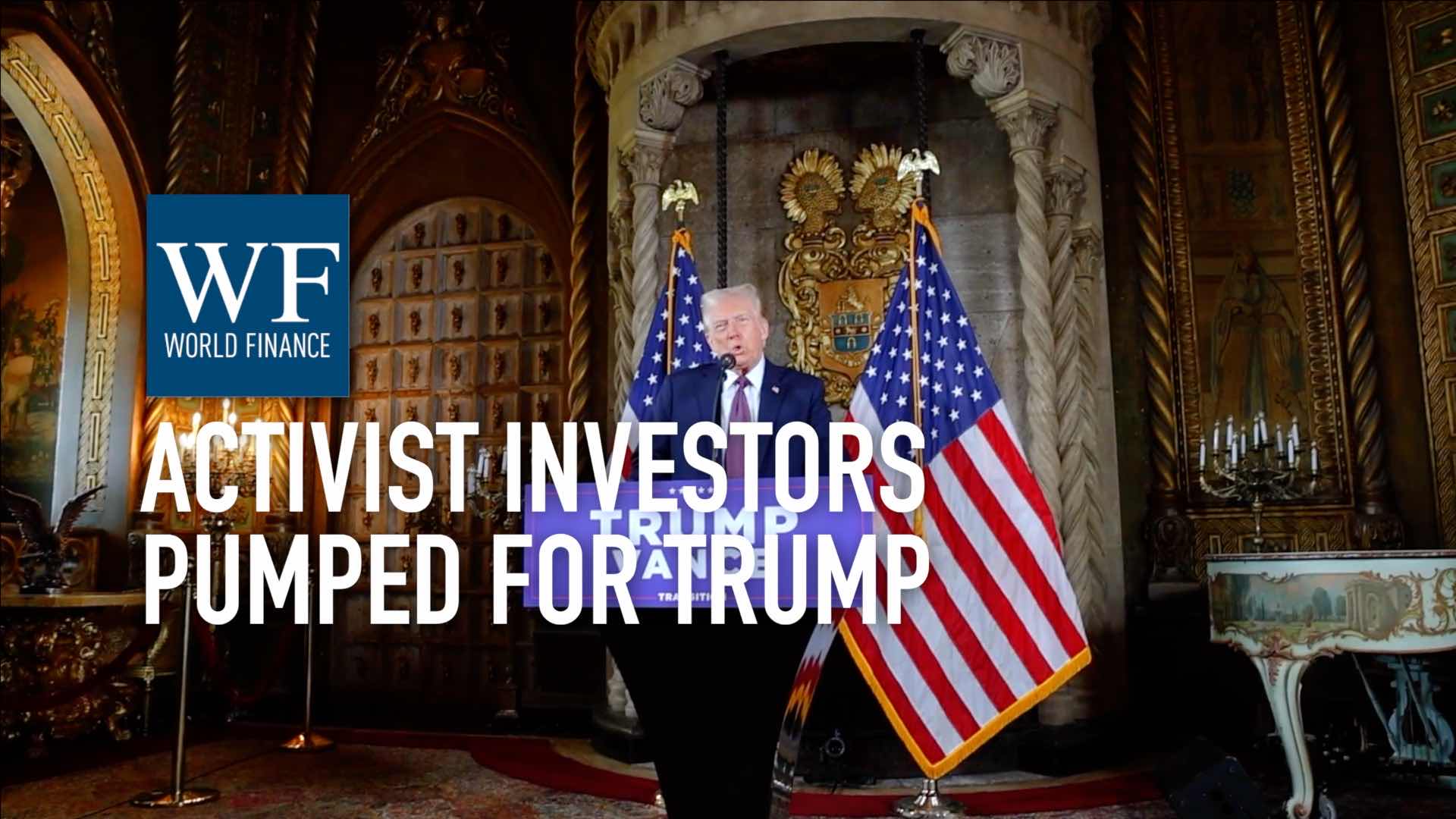‘China will remain and become an even bigger pivotal cog’ for the global economy
World Finance speaks to Simon Featherstone, Global CEO of Bibby Financial Services, to discuss China’s future in the global economy
Related:
Transcript
European banks are still being cautious; investment in the European economies is behind that in the US. Simon Featherstone, Global CEO of Bibby Financial Services, speaks to World Finance to discuss what is occurring across the world, and in the emerging market of China.
World Finance: Simon, Asia and Australia are powering ahead, fuelled by China’s demand for raw materials emerging from the mining boom. How do you see China developing, and is the country’s growth still a pivotal cog for the global economy?
Simon Featherstone: For me, China will remain and become an even bigger pivotal cog. It’s got to get its own, the balance of its economy, a little better I think. There’s way too much fixed asset, and a little bit more consumption driven for me. It also needs to stabilise its financial system in the sense of the amount of borrowing that comes from the bigger central banks, and bring more outward private investors into the lending space as well.
I see the central government’s taken some fantastic steps, particularly in the receivable space, to bring in specific regulation and set up specific credit instruments, support independent business like ourselves going in to China, but it still has work to do, particularly with the court and legal system, for external investors before people have the confidence to really go for it in China.
China will remain and become an even bigger pivotal cog
World Finance: Where would you say is the biggest receivables financial industry, and how has it developed in emerging markets?
Simon Featherstone: China technically is the world’s largest factoring marketplace, or receivables lending marketplace, but that’s driven by its large central banks and through large state industries who use its central banks for receivables lending. It doesn’t have anywhere near the same SME receivable marketplace that the United States does or the UK, France, Germany.
World Finance: So how much need do you think there is for the International Factors Group and similar bodies to have a universal voice?
Simon Featherstone: It’s crucial for me. There has for too long been too many competing voices with the type of bodies, whether it be the Chinese central government taking advice from different ones, whether it be UNCITRAL at the United Nations, or even the European Union closer to home.
Those bodies, who themselves want to promote lending to SMEs by all means possible to support the economies, they need one voice saying ‘this is what you need to do to be able to improve lending conditions for SMEs.
World Finance: Now 80 percent of trade is conducted on open account terms. This must be a nightmare for sellers?
Simon Featherstone: From my perspective the more business that’s done on open account trading the better. It’s also more attractive for banks from a balance sheet perspective in the way that it gets treated. For me open account trading is only going to continue to grow right across developed markets, particularly as those larger developed markets like China, Brazil, India and so forth, become more sophisticated over the next ten, twenty years.
China technically is the world’s largest factoring marketplace
World Finance: So what happens when people can’t pay?
Simon Featherstone: You have to go through the usual court redress process, and a big part of whether those emerging markets themselves can help themselves is, do they have an effective court process? We need to see some more action to support lenders’ rights in the court system in emerging markets if they’re to give confidence, particularly for foreign capital, to come in and help support the SME economy.

 Prepare now for aggressive shareholder activism under Trump 2.0, says Kai Liekefett
Prepare now for aggressive shareholder activism under Trump 2.0, says Kai Liekefett Banco Popular Dominicano: Digitalising Dominican finance
Banco Popular Dominicano: Digitalising Dominican finance
